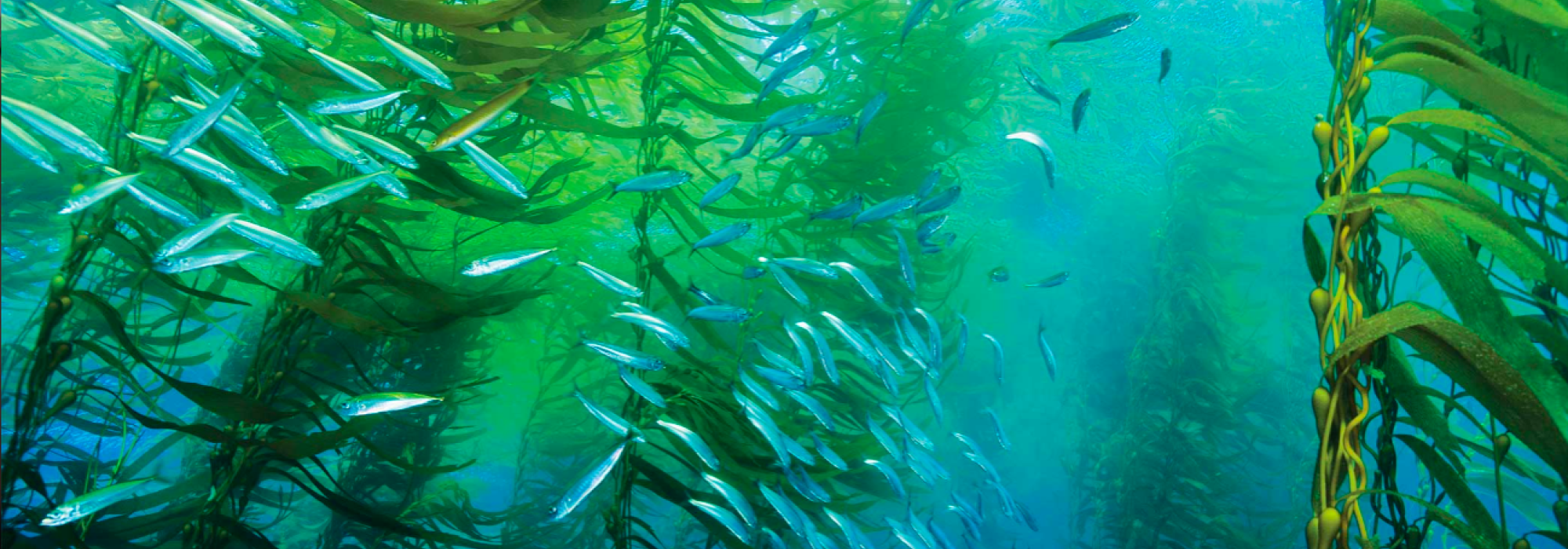Catastrophic Marine Crises Demand Regenerative Responses
Catastrophic Marine Crises Demand Regenerative Responses
Emerging crises in marine ecology are driving home the importance of systemic approaches to climate change and biodiversity loss. Regenerative pioneers are developing systemic solutions that address the complexity of these challenges.
Emerging stories of ocean-based and -driven crises are gaining global attention. Taken along with deeper analysis on the systemically vital role of these systems – far beyond our terrestrial carbon-reduction efforts (Net-Zero, etc) -- advocates, governments, and businesses must go beyond simplistic carbon reduction narratives and strategies. These emerging crises are a stark reminder of the need for systemic solutions advocated by regenerative pioneers.
Marine systems dwarf terrestrial ones and have remained out of sight, out of mind. Notwithstanding consistent scientific focus and warnings, they have gone relatively unheeded and remain inconvenient to most current narratives on climate change. How can we seriously consider the success of today’s dominant terrestrial strategies in their absence? Recent headlines in the popular press are receiving crisis billing and making ignoring the marine challenges that are integral to climate challenges difficult to ignore.
Ocean temperatures topping 100 degrees Fahrenheit in Florida reported by many news media and have been complemented by a cascade of longer term stories on the challenges posed by changing marine dynamics. This includes, for example, those about the coming collapse of major ocean currents reported in the Washington Post or the efforts within publications like Scientific American to persuade people of the value and importance of the oceans for human wellbeing. The latter contains a plea for people to act from the Nature Conservancy’s chief scientist Katharine Hayhoe, saying, “Climate change’s impacts on the ocean are so massive that when I’m asked why we aren’t talking about it more, the only answer I can think of is, ‘Because we aren’t polar bears or corals.’”
Even more sobering and, more explicitly, citing a shift in ocean composition related to an almost invisible layer of seawater at the ocean’s surface, the surface microlayer (SML), authors Dryden and Duncan, examine the massive impact of this marine layer on climate change, the human caused disruption of the layer and the likely catastrophic effects that will follow with ocean system collapse at a certain level of acidification and biodiversity loss, accompanied by high evaporation and runaway greenhouse dynamics. The authors note that changing ocean evaporation has been a secondary focus of climate change mitigation because of the difficulty of doing so. Yet, we are capable of reducing our impact, they point out. Inaction would be tantamount to giving up on climate change mitigation due to the dominant impact of the marine environment on climate change. They, as well as others, including Hayhoe, recommend immediate reductions in polluting substances from carbon to plastics to chemicals.
While these stories are gravely serious, they underline the urgent need to support holistic ocean recovery strategies. Many regenerative pioneers are working on such strategies, but their scale is too small to make a measurable difference, yet. Their successful examples have the potential to make an immense difference and encourage others to follow suit.
And, while they may not restore the surface layers of the ocean, they may well help to reverse ocean current degradation and marine biodiversity. Doing so also promises to stabilize the terrestrial environments and the cultures that depend on them.
There should be no delay in ramping up support for projects such as the marine permaculture approach of the Climate Foundation or the holistic approaches toward mangrove restoration and economic revitalization of outfits like the Regenerative Resources Company.
Do you know of other innovative regenerative approaches coming from the private, nonprofit, government, finance, or academic domains? If so, please tag them here (LinkedIn) and let us know about their work.
The efforts of these pioneers deserve to be raised, celebrated, and quickly funded. Where private equity fears to go, there must be willingness for public funds to invest.
Sources
Scientists detect sign that a crucial ocean current is near collapse, by Sarah Kaplan, Washington Post, 25 July 2023
What’s Happening in the Ocean, and Why It Matters to You and Me, Katharine Hayhoe, Scientific American, 14 July 2023
Climate disruption caused by a decline in marine biodiversity and pollution, Howard Dryden and Diane Duncan, International Journal of Environment and Climate Change, last revised 31 October 2022.


